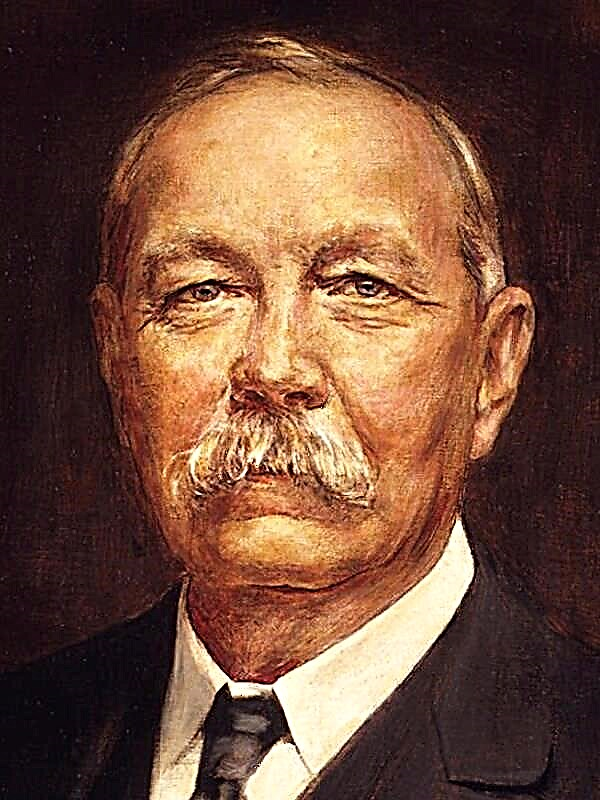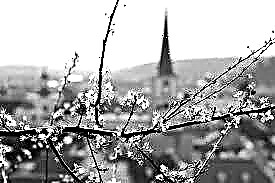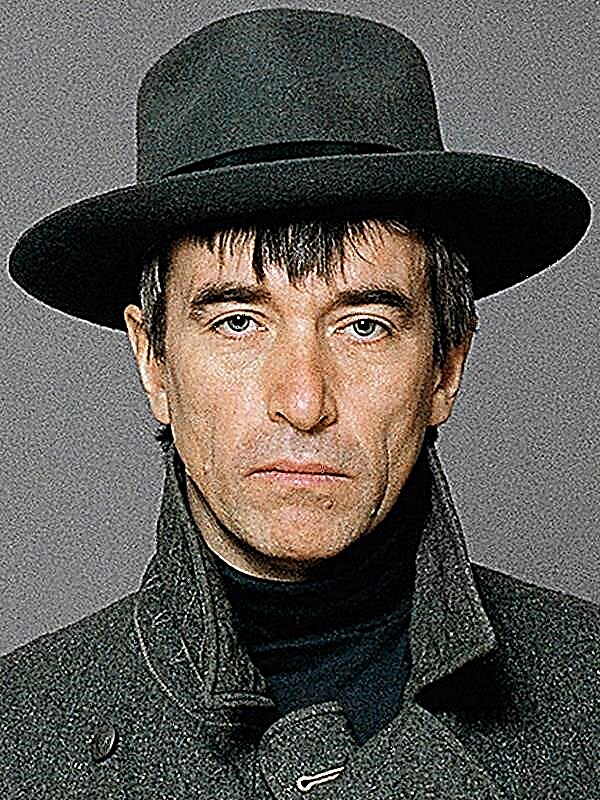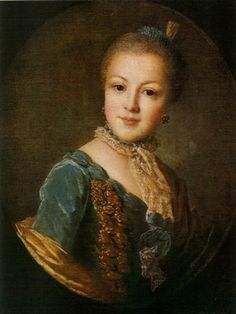The ingenious poem of Nikolai Vasilyevich Gogol “Dead Souls” depicts Russia “from one side”, revealing the whole negative of Russian life of those times. In addition, the title of the work is itself a separate topic for discussion. It has a double meaning, which together constitutes the thematic originality of the poem.
The first meaning is simple - it is a direct name that has real meaning in the context of population censuses. She did not go through at that time often, once a decade, or even less often. And each time her task was to fix the real number of “living souls” for which each landowner was required to pay tax. Outside the census, it was impossible to change the amount of tax paid, so it often happened that landowners were obliged to continue to pay for a really dead person for several years, which, of course, they didn’t like, but nothing could be done.
The second meaning also included “dead souls,” but they no longer belonged to the peasants. The author, in turn, shows us the life of landowners, noblemen and officials of his time, and we see that these lives are worthless, that they are spiritually dead, souls, which gives the poem a second metaphorical meaning. Chichikov is faced with “dead souls” one after another not by chance - we understand that the author starts small and goes to great things: the viciousness and necrosis of souls among heroes increases.
The first we see the nobleman Manilov, to whom Chichikov goes to meet immediately after arriving in the county town NN. Gogol describes him like this: "... his facial features were not without pleasantness, but in this pleasantness, it seemed, sugar was conveyed too much ...". At first, Chichikov’s face is pretty, but afterwards he notes that this nobleman has a gulkin’s nose, and he doesn’t feel any awareness in his gaze. He ponders the whole conversation in vain about his plans that he never realizes, he himself is empty and inactive, only creates the appearance, but in reality he just talks and pours from empty to empty. “Neither this, nor in the city of Bogdan, nor in the village of Selifan,” the author concludes his opinion on him.
The second we see Box is a greedy, ossified old lady in her orders, who is obsessed with the idea of profit. For Gogol, she is a symbol of narrow-mindedness, he even calls her "clubhead". Korobochka does not care about anything except her personal household, and no matter what happens, she first of all tries to sell something at an exorbitant price. She is not interested in other matters and people, and the author depicts an old clock in her house, which has not been around for a long time, as a symbol of her deadness and stagnation.
The next hero - Nozdrev - a gambler, a liar, a gossip and a hunting lover. The hero’s most passionate passion is hunting. He does not know how to manage the household, to take care of wealth in the house, he does not have a system of life values, even he does not give a damn about the fate of his children. He lives only for his own pleasure, worrying about a wine cellar, a well-equipped kennel, and a collection of valuable weapons hung on the walls.
And at the end of this “round dance" we see two more characters - Sobakevich and Plyushkin. Not for nothing that Chichikov is the last to visit these landowners. When we see them, read the description of their life and find out the character - we understand that the lowest level of mental degradation, or deadness, is described here. So, Sobakevich, in the pursuit of material gain, deceives and betrays, his actions often look just extremely inhuman. The baseness of his soul surprises, he has long forgotten about his conscience, but it seems he no longer remembers such a word. Another hero - Plyushkin - was simply the apotheosis of the entire decline of the nobility. His accumulation mania borders on insanity, and perhaps has crossed this line a long time ago. And the saddest thing is that he condemns suffering not only himself, but also his peasants, who are obliged to indulge his madness.
In addition, the author in his poem indicates that the whole apparatus of officials became “dead". He shows it to us magnificent, idle, full of the wildest absurdity. Officials here are divided into only two types: thick and thin. With this grotesque trick, Gogol tells us that there is no middle ground for these people, their whole essence is filled only with bureaucracy and the pursuit of new ranks. They are sneakers, bribe takers, merchants and embezzlers. They gossip and mischief each other, not hesitating to regularly write denunciations to colleagues. All their conversations are nothing more than superficial chatter about news in newspapers, weather and dogs.
Summing up the above, I would like to note that the real "dead souls" in Gogol's poem are certainly not peasants. After reading the poem and comprehending it, we understand that only those people who do not work for a day in their life and who profit from serfdom in the country suffer from lack of spirituality. The landlords were a real overwhelming load dumped on the shoulders of the Russian people - peasants. And officials are horrified by their indifference to ordinary people, especially to those in need.


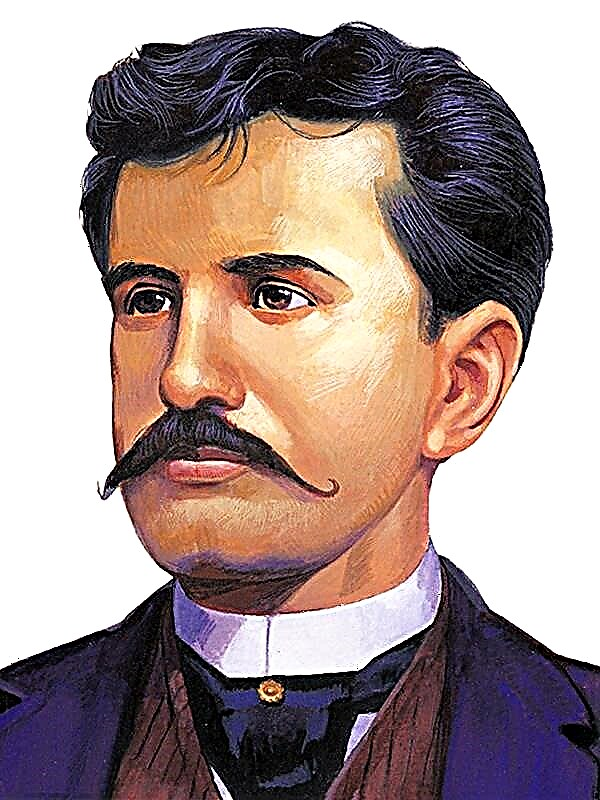
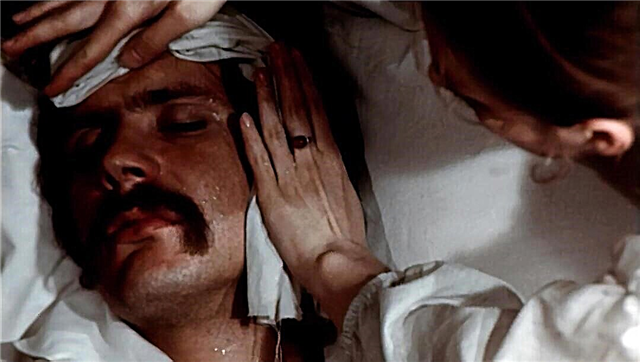
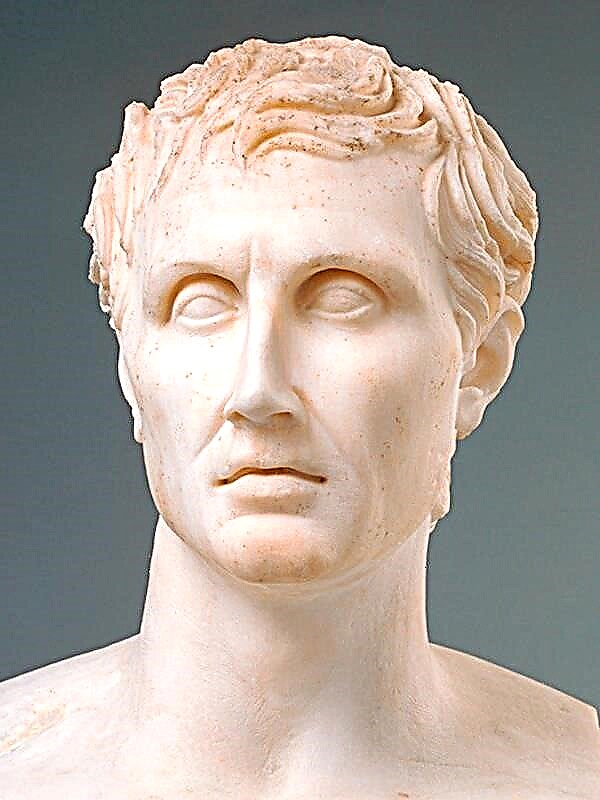
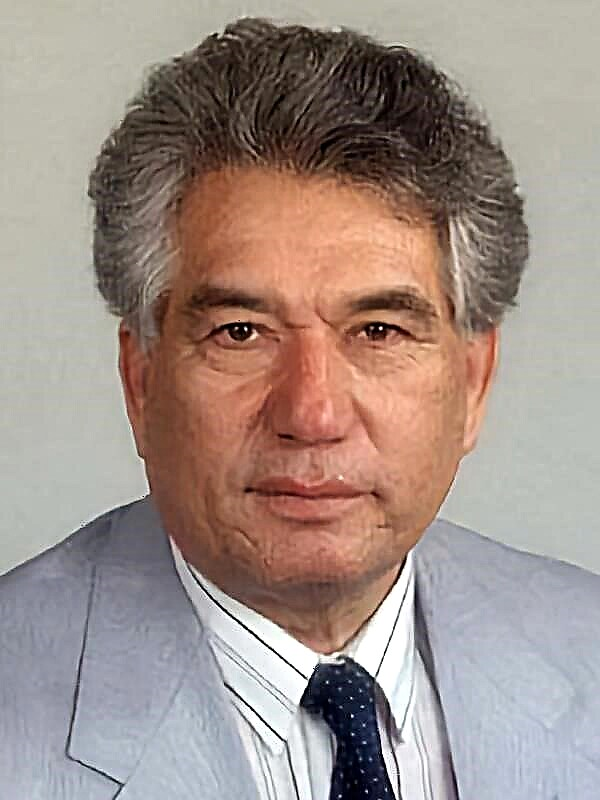
 Pot, do not cook!
Pot, do not cook!

